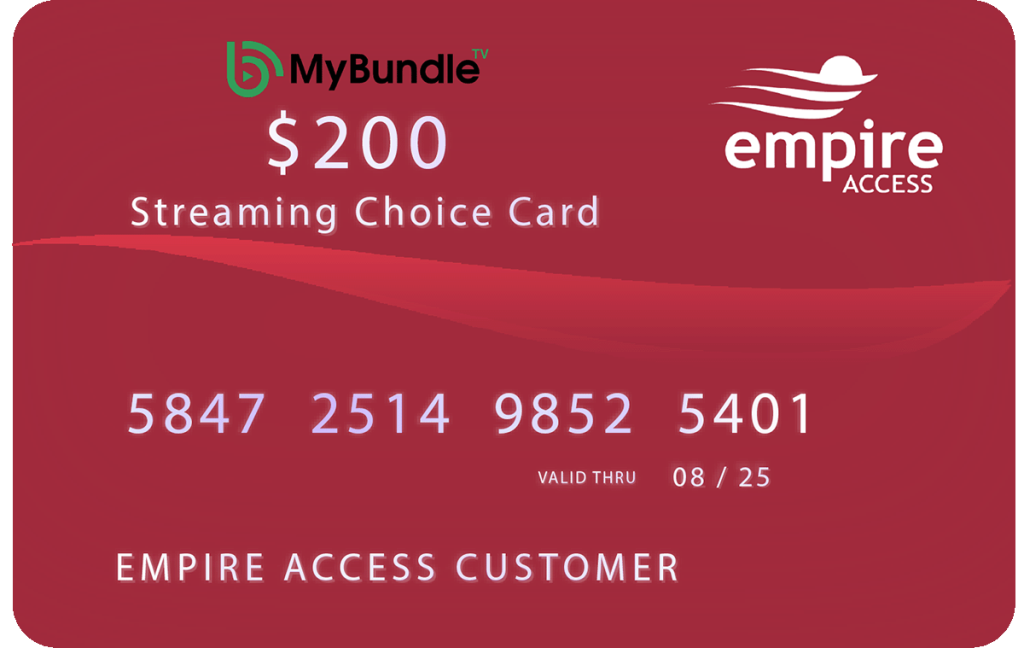Bandwidth: Think of this as the “capacity” of your internet connection. More bandwidth means you can do more things online at the same time, like streaming, gaming, and video calls, without slowing down.
Broadband: A high-speed internet connection, faster than old dial-up. Both fiber and cable internet are types of broadband.
Download Speed: How fast information travels from the internet to your device. Important for streaming movies, loading web pages, and downloading files.
Ethernet Cable: A physical cable (looks like a thicker phone cord) that connects devices directly to your router or modem for a fast, stable wired internet connection.
Fiber Optic Internet (Fiber): The most advanced and fastest internet technology, which sends data using pulses of light through thin strands of glass or plastic fiber.
Gigabit (Gig): A unit of speed meaning one billion bits per second (Gbps). It’s 1,000 times faster than a megabit per second (Mbps), offering incredibly fast internet.
Latency: The delay or “lag” between when you send a command (like clicking a link) and when the internet responds. Lower latency means a faster, more responsive experience (especially for gaming and video calls).
Mbps (Megabits per second): A common unit for measuring internet speed. 1,000 Mbps equals 1 Gigabit.
Modem: A device that connects your home network to your internet service provider (ISP), allowing internet access. With fiber, this is often called an
ONT (Optical Network Terminal): The specific device used with fiber optic internet that converts light signals from the fiber cable into electrical signals your devices can use. It acts like a modem for fiber.
Router (Wi-Fi Router): A device that creates a wireless (Wi-Fi) network in your home, allowing all your devices to connect to the internet without cables. It also manages traffic between devices.
Streaming: Watching or listening to video or audio content over the internet in real-time, without having to download the entire file first (e.g., Netflix, YouTube, Spotify).
Symmetrical Speeds: When your download speed and upload speed are exactly the same. Fiber internet often provides true symmetrical speeds, which is great for video calls and uploading large files.
Upload Speed: How fast information travels from your device to the internet. Important for video calls, online gaming, sending large emails, and backing up photos to the cloud.
VoIP (Voice over Internet Protocol): Phone service delivered over your internet connection, instead of a traditional copper landline. Offers clear calls and advanced features.
Wi-Fi (Wireless Fidelity): A technology that allows devices to connect to the internet or other networks wirelessly, using radio waves.
Wi-Fi Extender/Mesh Wi-Fi: Devices that help extend the range and strength of your Wi-Fi signal to cover larger homes or areas with weak signals.







